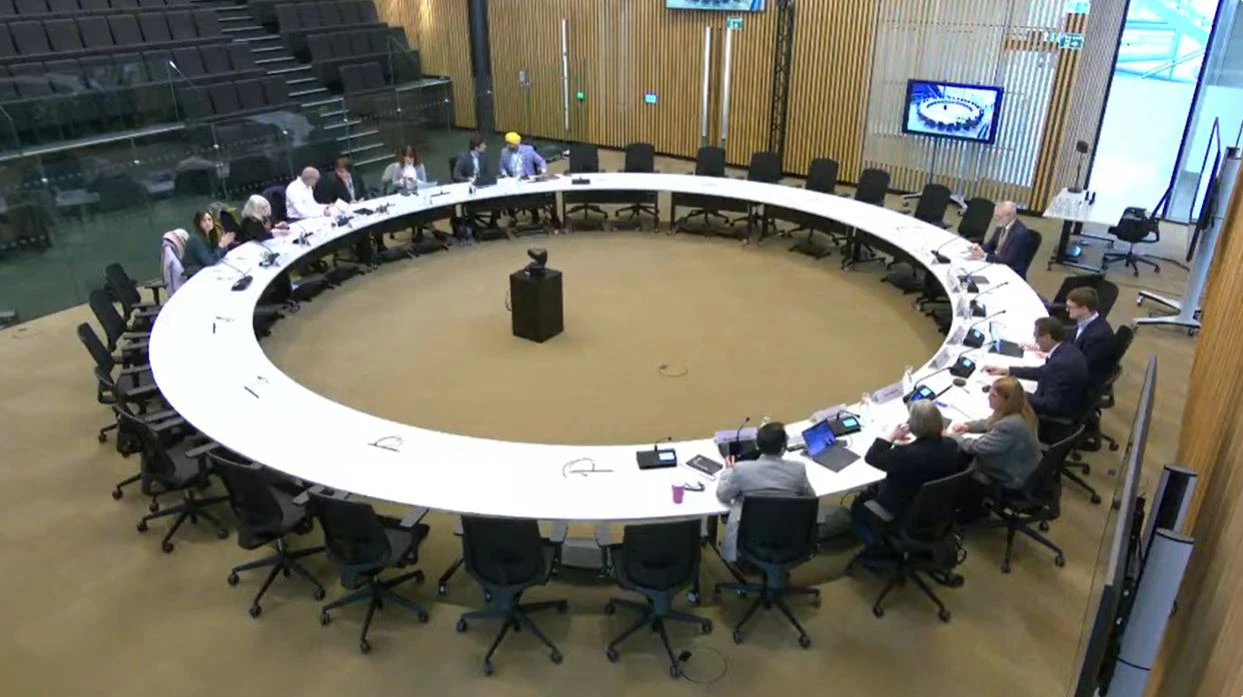Sadiq Kahn health advisor pushes for harmful gambling definition

The meeting focused on the impact of harmful gambling on Londoners.
He was quizzed by assembly member Emma Best on why the mayor of London, Sadiq Kahn, has “not yet implemented his commitment to restrict gambling ads” on Transport for London (TFL) services.
Kahn pledged to ban gambling ads on the London Underground in April 2021, as part of his re-election campaign.
The mayoral health advisor said the absence of a definition for harmful gambling is an outstanding factor in the decision.
Coffey compared this to Kahn’s ban on junk food ads on TFL, which was implemented in February 2019: “That is the thing which we had with the high fat, high sugar, high salt [ban]… a nationally accepted consensus of what are foods that are high fat, high sugar, high salt,” he explained. He added that, when preparing for the junk food ban, “we built into our advertising ban and evaluation at the same time to use that ban to collect the evidence”.
Coffey said the mayoral office had kicked off the process of defining harmful gambling.
“We have asked the government now to develop that definition. We’ve asked public health partners to develop that definition, because I don’t think it would stand up to legal challenge if we said, this is our definition of the GLA,” he said. “Because my sense is, that will fall at the first hurdle.”
Evidence-based decision
Coffey outlined that the move would undoubtedly be subject to legal challenges. For this reason, he said the mayoral office wants to ensure its decision is airtight by having an evidence basis where possible.
“What we’re trying to make sure is that we do it in a way that is evidence-based,” said Coffey. “We know we’ll be subject to legal challenge and we want to make sure we do it in a way where we can resist any legal challenge accordingly and delay it.”
Also during the meeting, Coffey – who is also a GP – said he is seeing more issues related to gambling harm. However, he stressed that he is “more often” speaking to affected others, rather than the person experiencing harm.
“I am seeing more problems related to gambling,” he said. “More often, it will be the family affected that will come to see me. Very rarely will I get a person coming to see me talking directly about, ‘I’m a gambling addict, I need some support, I need some help.’”
“It’s often family members who are facing the fallout from the impact of gambling on that person’s mental health, on that person’s financial situation, on that person’s housing situation.”
Protecting young people
Sian Griffiths, deputy chair at UK gambling harm prevention charity GambleAware, also emphasised “the harm on affected others, particularly children”. On the topic of restricting advertising, she added that there is a clear positive effect on children in particular.
“I would say that it’s obvious that the more you’re exposed to messages, the more likely you are to pick them up and that’s particularly due to children,” she said. “That’s why there has been an agreement not to advertise during a football match – just around a football match.”
Looking at London as a whole, Marguerite Regan, head of gambling at the Office for Health Improvement and Disparities, said that there is a disparity between the number of Londoners participating in gambling and the number seeking harmful gambling support.
“The statistics that are going to be coming out in the next few weeks are going to be looking at the number of adults in London who would benefit from some sort of support and treatment,” she explained. “Per hundred thousand, London has the highest rate.
“So even though you have lower, low average participation, you have a higher average who are requiring support and treatment.”
